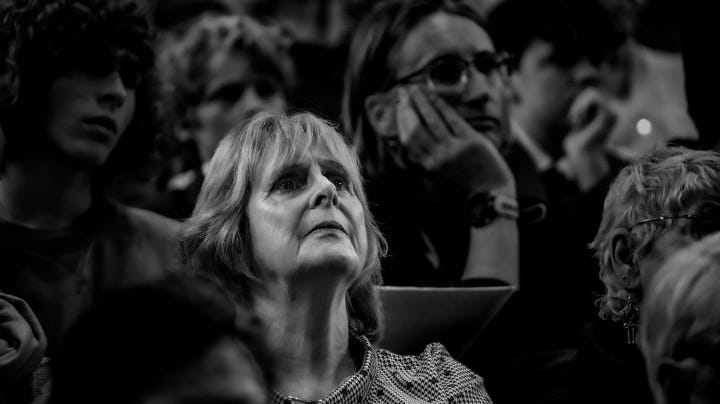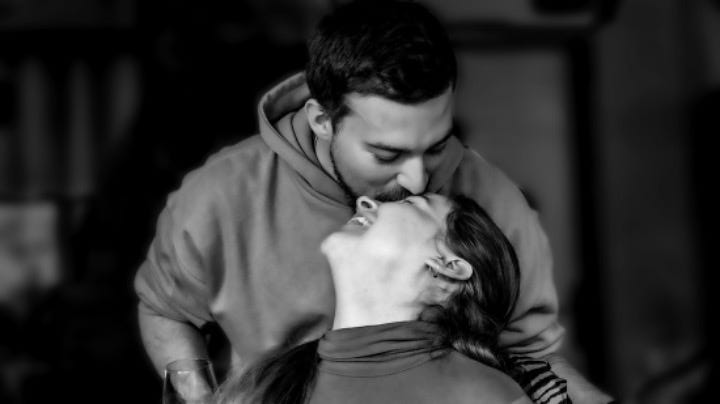MAKING THE INVISIBLE, VISIBLE
SERIOUS ART AND SERIOUS ARTISTS
At this moment we need art and serious artists producing serious art as never before. In part we need them because they continually reunite ourselves with ourself, helping us to imagine or reimagine, or to engage with our better angels.
Every piece of work produced by artists is a fragment of their autobiography. It describes their state of mind, their relationship to the dominant prejudices of the day (manners, ideas, belief systems, unquestioned assumptions) and reflects their potential acceptance into the wallets of the rich.
Much of the cultural and financial value attributed to the work of artists is based in their technical and formal inventiveness. This is typical of the prevailing culture that places greater value on form and process rather than on content, as content is often critical and threatening to the status quo.
If unknown artists are critical, they remain unknown; if known artists seem to be critical of their world, they are described as odd-balls, colourful characters, clowns really who are some sort of deranged but cuddly genius whose relevance to the rest of us is in their artistic being, hence importance is shifted from the meaning of their work to the cult of personality.

The real cultural/social/political value of a work is in its ability to reveal the realities of the moment: what are normal people’s greatest problems and struggles? What are the impediments to freedom and justice? How do the arts illuminate other ways to live? Where can hope be discovered?
I am disinterested in many contemporary poems, films, novels, paintings, photographs because they do not address anything that I want to spend my time considering, because although they may be well-done, to me they are inessential, unconcerned with the problems of life, or with the great joy and beauty of life. It is as though the artists are intellectually lazy, or that they are not concerned with the struggle of existence but only with their own narrow formal preoccupations. All well and good for them, but not for me as audience.
I sense their work lacks urgency, it is disconnected from any reality I know or care about. One of the wonderful elements of great art is that it is capable of crossing borders, racial boundaries, time and levels of economic and social development in its ability to address matters of the human soul.
I have recently seen three films which do precisely this: cross frontiers into places I know little of but which have deeply touched me:
*EO – a Polish film about a donkey by Jerzy Skolimowski (this is not Disney)
*8 MOUNTAINS – a film of enduring friendship by Felix van Groeningen and Charlotte Vandermeersch
*TRACKS – an Australian film about a woman’s desire for freedom, by John Curren
It is in these films that one can see profound, meaningful works which touch the souls of normal people. This is when art serves its best purpose: to expose people to other ways of thinking and feeling about the nature of their lives. Art, along with knowledge and love humanise us.
So much work, particularly in the realms of popular culture is banal, superficial and reductive, meaning that the content is reduced to simplistic ideas. For instance, our militarism is good, our soldiers are brave and noble; the usually brown-skin rebels are not freedom fighters but terrorists, cowardly brainwashed automatons.
Our police, regardless of their broken marriages and drinking habits, are sterling examples of people who fight against evil for justice, and that the problem is not the faulty system but that there is a corrupt Mr Big, the apple that rots the rest.
The liberal establishment, which supports the status quo, also needs to seem supportive of justice and equality. For those reasons they will accept promoting, showing, producing the works of non-mainstream gender, racial and/or religious differences as long as that work does not reveal the damning realities of power and wealth in contemporary society.
In our crumbling world, the status quo has to work all the harder to keep us believing that their way is the only way, or as Thatcher announced, “there is no alternative “
The problem is that many people are clear about what is happening to them and why, although, because there is so little leadership to help them affirm their inclinations, they must struggle on their own, without support from the News channels nor the popular culture, nor from public intellectuals, politicians or religious leaders. That is why artists, who by their very nature will be in opposition to the status quo, need to produce approachable work that can engage people in a dialogue.
In the past it has been argued that only real drama can be found in the struggle between those who have power. I think that Arthur Miller’s play, A VIEW FROM THE BRIDGE is one of the great pieces of modern drama that disproves this.
I have long worked as a documentarist with the belief that I need to make the invisible become visible and to help give voice to the speechless oppressed.
You can read more about my work in my new book, here.
You can here an interview with me on far ranging topics here




